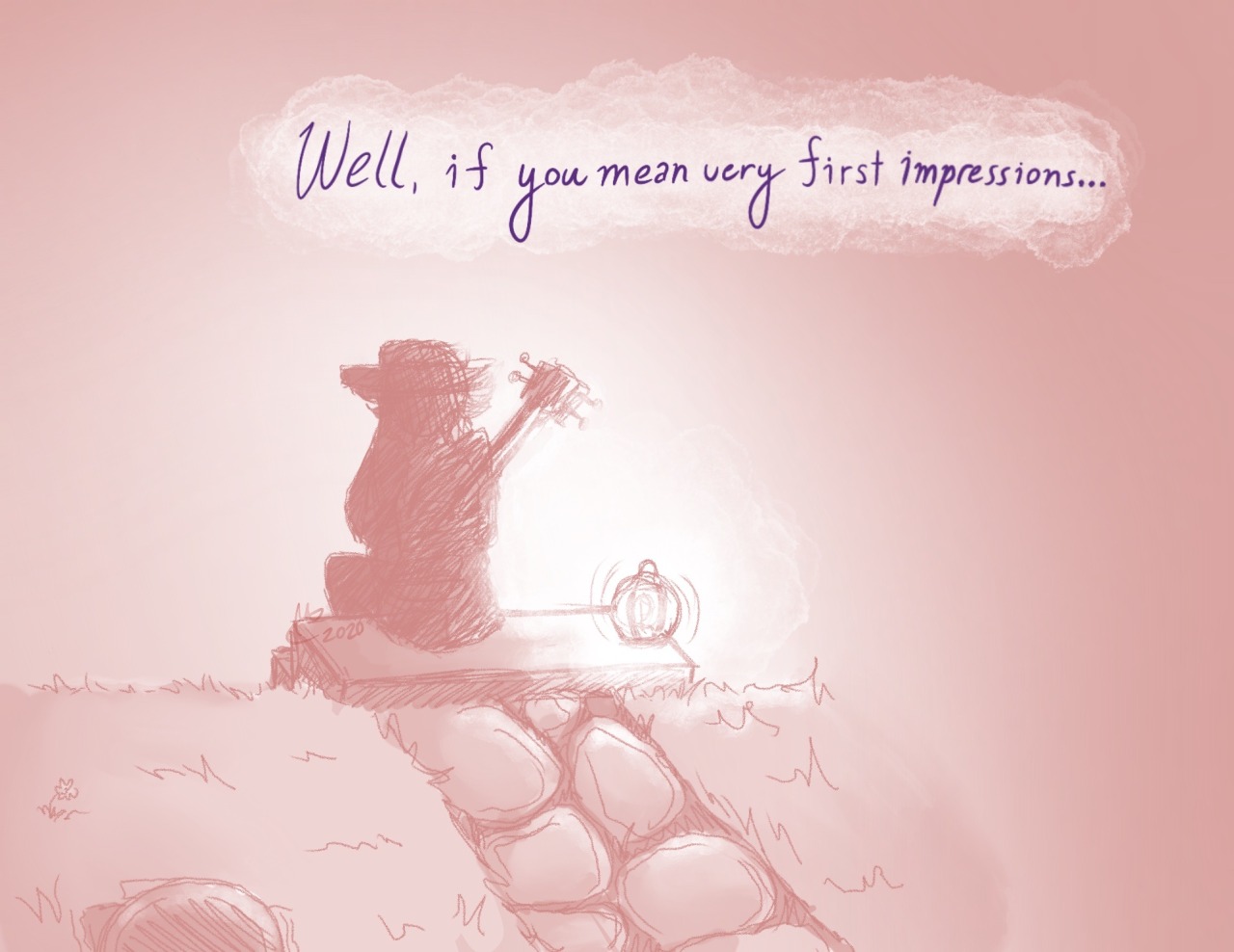

I trust that you will arrive in a timely manner and that we won’t be delayed because of your tardiness.I have disclosed my expectations and I trust that I am leaving the business in good hands for the week.I trust that you will complete your assignment independently and have it submitted on time.

To help further clarify, here are some examples: At the same time, we are indicating a level of respect for the person we are addressing, especially when we are trusting that they will complete a task, handle a conflict, etc. When we use “I trust”, we are placing the imperative on the person whom we are instilling our trust. When we write “I trust” we are expressing our belief and expectations that something is true or will be accomplished. When we use the phrase “I trust” we are showcasing a higher level of confidence in the person or situation that we are instilling our trust in. Watch the video: Only 1 percent of our visitors get these 3 grammar questions right. The word “hope” can typically convey slight doubt, whereas “trust” conveys a high level of certainty. Not only is the saying a tad more formal, but the term “trust” is also considered to be stronger in meaning than that of the word “hope”. This article will take a closer look at different phrases, their meanings and how we can functionally use them in our emails.
#I hope i left a positive impression with him professional#
In terms of a professional or formal email, utilizing the correct terms and writing in an eloquent manner is considerably important. What Can I Write Instead Of “I Hope” In Formal Emails? Therefore, this article will be highlighting alternative terms that we can use.

However, this is not considered a very formal way of addressing something, especially in terms of writing. We often use the phrase “I hope” to showcase a feeling of expectation or desire for something to happen.


 0 kommentar(er)
0 kommentar(er)
